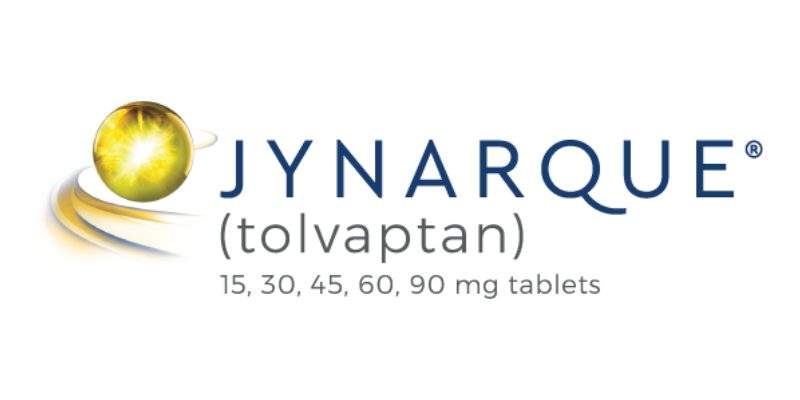Autosomal dominant polycystic kidney disease (ADPKD) is an inherited genetic disease that causes cyst growth in the kidneys that gets worse as time goes on. Kidneys function to remove waste products from the body. The amount of creatinine (a waste product in the blood) is used to estimate a person’s glomerular filtration rate (GFR) which is a measure to see how well the kidneys are working to filter blood.
As the cysts grow, irreversible kidney damage occurs causing the kidneys to become larger in size and kidney function to worsen (decreased GFR), eventually leading to kidney failure. Once kidney failure occurs, dialysis or a kidney transplant is needed. In addition to kidney failure, larger kidneys can lead to high blood pressure and pain. ADPKD can also affect other parts of the body such as the brain, liver, heart, pancreas, and blood vessels.

